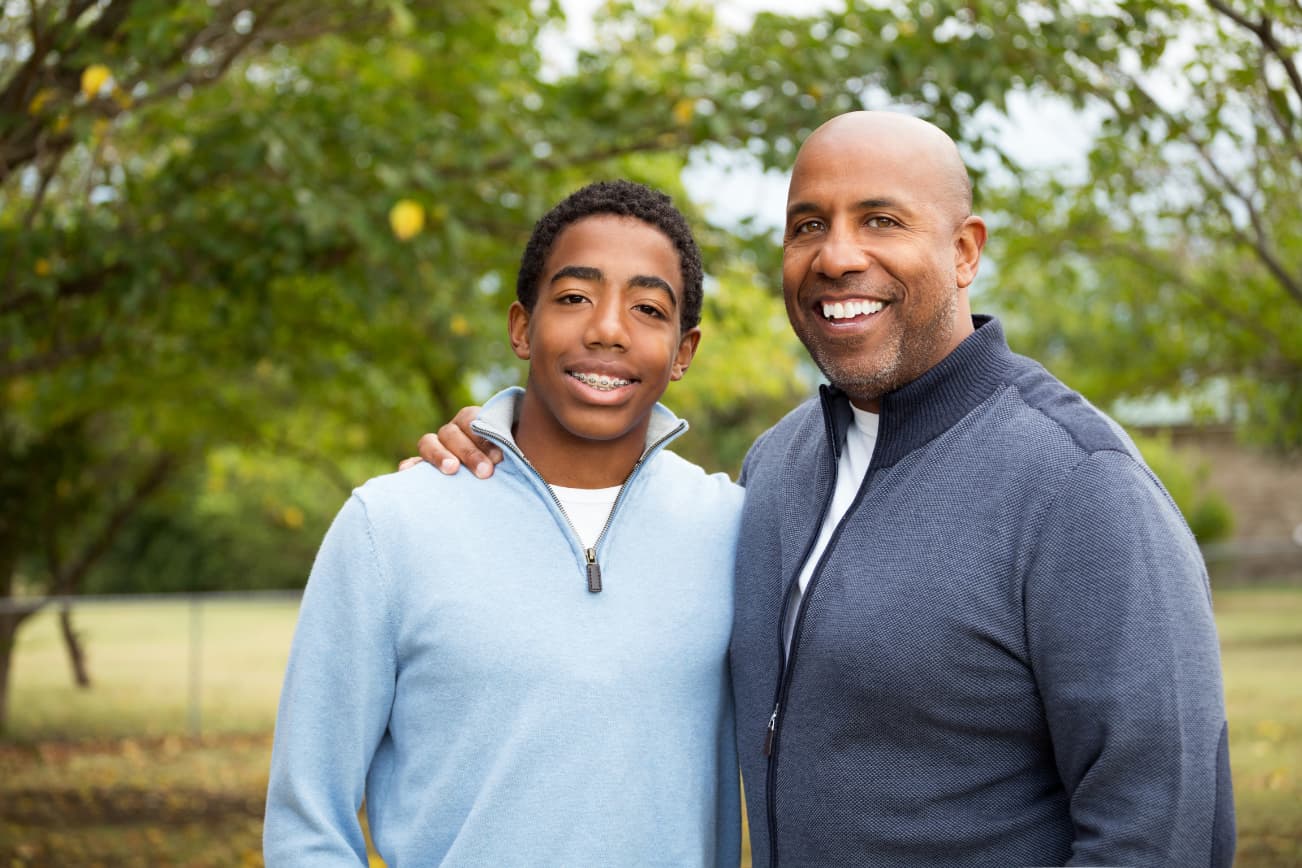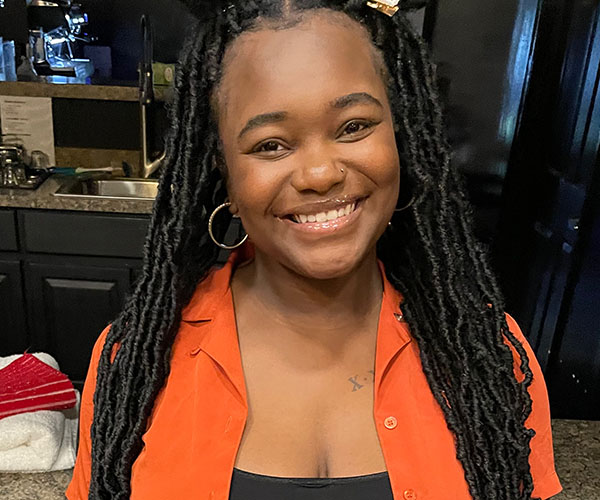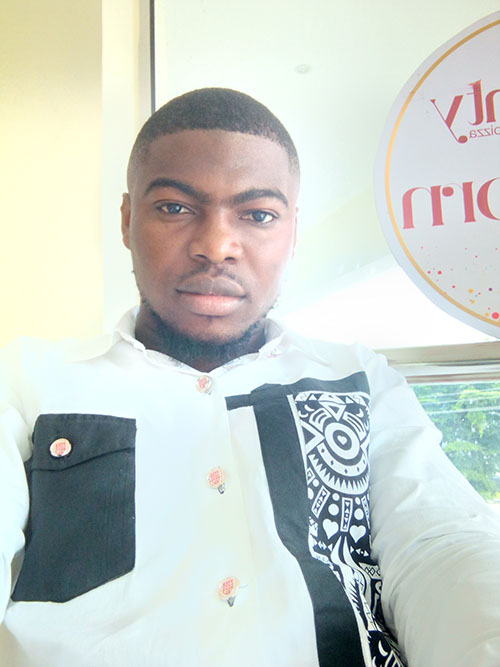OVI Launches youth whisperer blog series

One Voice IMPAACT is thrilled to provide monthly YOUTH WHISPERER blogs to support our colleagues working with transition age foster youth. These blogs will include highlights of the most recent research on transition age foster youth, success stories from the field, and principles of youth engagement.
A Youth Whisperer can engage and build trust with youth who have experienced trauma and loss. Authentic youth engagement sees young people as the experts in their own lives and gives them opportunities to have an active role in decision-making that affects them — from leading their own case planning to partnering with system leaders to improve child welfare policy and practice.
Below you will find a summary of recent research findings from Chapin Hall’s CalYOUTH longitudinal study on Extended Foster Care.
An Early Look at Predictors of College Degree Completion at Age 23 for Foster Youth (2021).
Of the 719 study participants enrolled in college, nearly 10% had attained a 2- or 4-year college degree by around age 23.
As we know, graduating from college is a life-transforming achievement for young people with foster care backgrounds and holding a degree has been associated with an increased likelihood of being employed and having higher earnings.
The findings identified the following as predictors of foster youth likely to complete college:
- Youth that earned mostly A’s in high school
- Youth’s reading score is one standard deviation higher
- Youth who had ever been in kinship care before the age of 18
- Youth who reported leading their TILP planning at age 17
- Black youth had greater odds of completing a degree than did White youth.
- Youth receipt of ETV funding had a 2.4X higher likelihood than youth without financial support
- Youth enrolled in a 4-year college rather than a 2-year college odds of completion were 4x higher
- Youth who said they received “a lot” of encouragement to continue their education beyond high school from foster care personnel (such as foster parents, group home staff, social workers, other professionals) were more likely to finish college.
The findings identified the following as predictors of foster youth LESS likely to complete college:
- Youth, at age 17, who reported as having behavioral health histories and anxiety disorders, especially ADHD
- Youth who had EVER repeated a grade in elementary or secondary school
- Youth who said they were not aware of their TILP planning or that they were uninvolved in their TILP planning
- Males were less likely of completing a college degree than for females
- Youth who identified with a sexual orientation other heterosexual were also less likely than their peers to earn a college degree.
Points to Ponder: Based on these research findings are there any policies or practices that you would consider changing? If so, we would love to get your feedback. Email us at [email protected].
Reference:
Okpych, N. J., & Park, S. (Ethan), Courtney, M. E., & Powers, J. (2021). Memo from CalYOUTH: An early look at predictors of college degree completion at age 23 for foster youth. Chicago, IL: Chapin Hall at the University of Chicago. https://www.chapinhall.org/wp-content/uploads/Predictors-of-degree-completion-at-age-23.pdf
************************************************************************************
Dr. Elizabeth Wynter is a rainmaker for transition age foster youth. Wynter’s work in this arena has helped launch a statewide youth voice movement, drive policy and practice improvements, and better equip system professionals and foster youth with tools and knowledge to achieve self-sufficiency.
Wynter believes that foster youth should be valued as organizational assets. By using a pluralistic approach in which youth and systems professionals share control in decision making, advocacy, and program planning and implementation, a dual impact of improved outcomes for transitioning youth and a more responsive child welfare system can be realized.
As the Executive Director of the Selfless Love Foundation, Wynter has led the state of Florida in making youth engagement a centerpiece of conversation. With over two decades of child welfare experience, an unwavering commitment to transform the system, and an ineffable capacity to challenge the status quo, Wynter is a catalyst for change.
Selfless Love Foundation’s youth engagement initiative, One Voice IMPAACT (OVI), provides current and former foster youth opportunities to develop skills for leadership and life, advocate for changes to policy, and join a network of youth leaders across the state of Florida to improve the system of care.
OVI launched “Foster Youth Voice Month” in October 2021. This statewide campaign focused on shifting the perspective of how foster youth are viewed by the public and within the child welfare system! To learn more or to get engaged, visit www.YouthVoiceNation.org.







